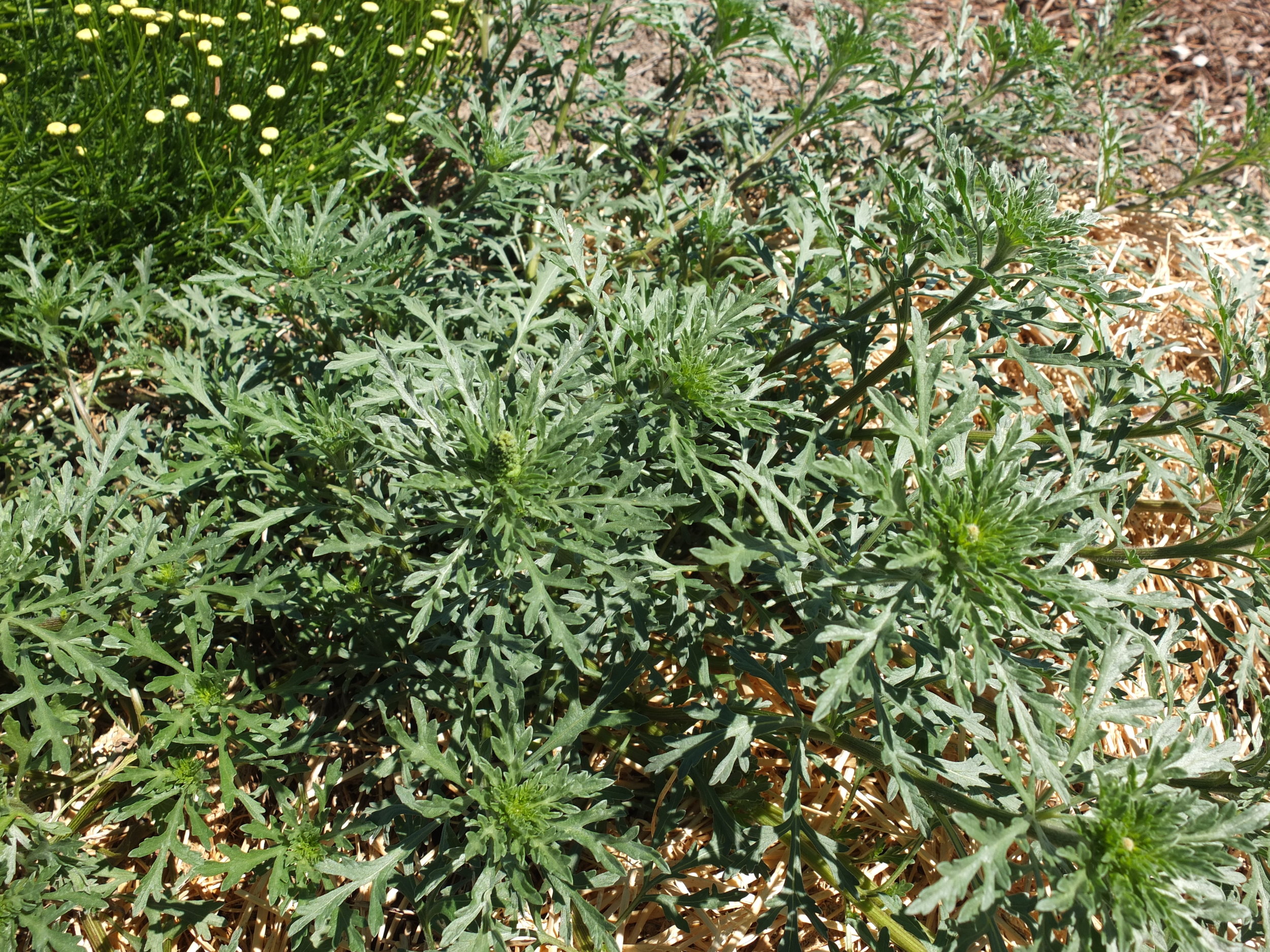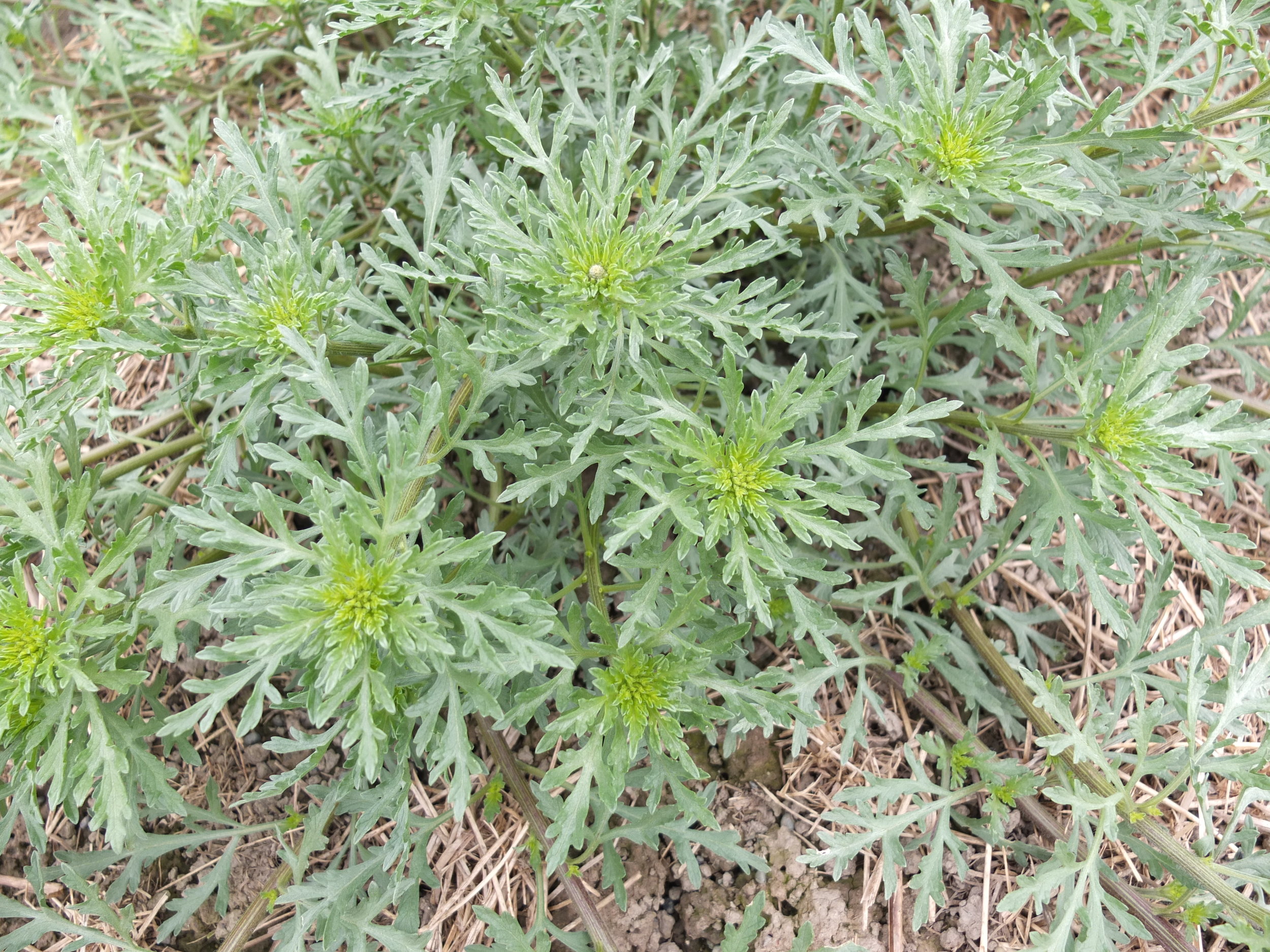Common Names
Ambrosia, Silver Beachweed, Silver-Bur Ragweed, Ragweed, Bursage
Botanical Name
Ambrosia chamissonis
Plant Family
Asteraceae (Daisy Family)
Native Range
PNW from Alaska to California.
Life Cycle
Perennial
Hardiness Zone
5-11
Habit
It has a mounding habit, spreading fairly low to the ground, with a maximum of about 1ft tall in the centre. Each plant can have a spread of four feet or more.
Sun/Soil
Ambrosia can be found growing along sunny seasides, sand dunes, and beaches in the PNW. It needs a sunny well-drained spot where it has room to spread and sprawl out along the ground.
Germination/Sowing
Seeds can be direct sown in fall or spring, or started in flats indoors in spring.
Growing/Care
Plants are evergreen in mild temperate climates (zones 8+) and herbaceous in colder zones (5-7). They are extremely drought tolerant and require little care.
Harvesting
The aerial parts are best harvested when they are most potent as the flower buds appear in late spring/ summer. The pollen from the flowers is extremely fine and can irritate mucous membranes causing stuffy nose and other hay fever type symptoms. If harvesting the herb for drying, I would recommend- ed harvesting it before the flowers open to reduce the chance of pollen reaction during handling of the dried herb. The herb can also be harvested after flowering is finished and the seeds are set, but caution should be used as the seeds are very sharp prickly (don’t walk barefoot on the Ambrosia beach!).
Culinary Uses
None known.
Medicinal Uses
Ambrosia is amazing for easing inflammatory allergic responses. The herb is excellent at drying up excess mucus secretions, such as runny nose and eyes, caused by allergy or head colds. For very bad allergies an initial ‘loading dose’ of 2-3 tsp of tincture is recommended. Leaves can be used as a poultice for bee and insect bites, though I have not tried this.
Themes
Native Plant Garden, Container Garden, Rock Garden, Apothecary Garden, Drought Tolerant, Low Maintenance, Deer Resistant.





